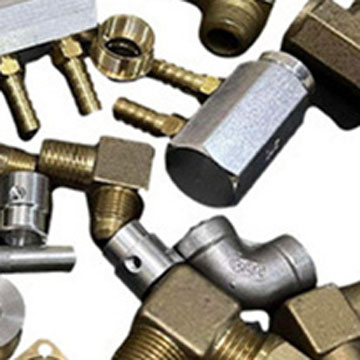Machining medical parts plays a crucial role in the healthcare industry, as it ensures the production of high-quality and precise components used in various medical devices and equipment. From surgical instruments to implants, machining processes are employed to create intricate and complex parts that meet the stringent requirements of the medical field.
One significant advantage of machining medical parts is its ability to produce components with exceptional accuracy and tight tolerances. This precision is vital in medical applications where even the smallest deviation can have severe consequences. Machining techniques such as CNC (Computer Numerical Control) milling, turning, and grinding allow for intricate designs and precise measurements, ensuring that each part meets the exact specifications required for its intended use.
Moreover, machining offers versatility in terms of materials used for medical parts. Different materials like stainless steel, titanium alloys, plastics, ceramics, and even biocompatible materials can be machined to create components suitable for specific medical applications. This flexibility allows manufacturers to tailor their products to meet the unique needs of patients while maintaining

